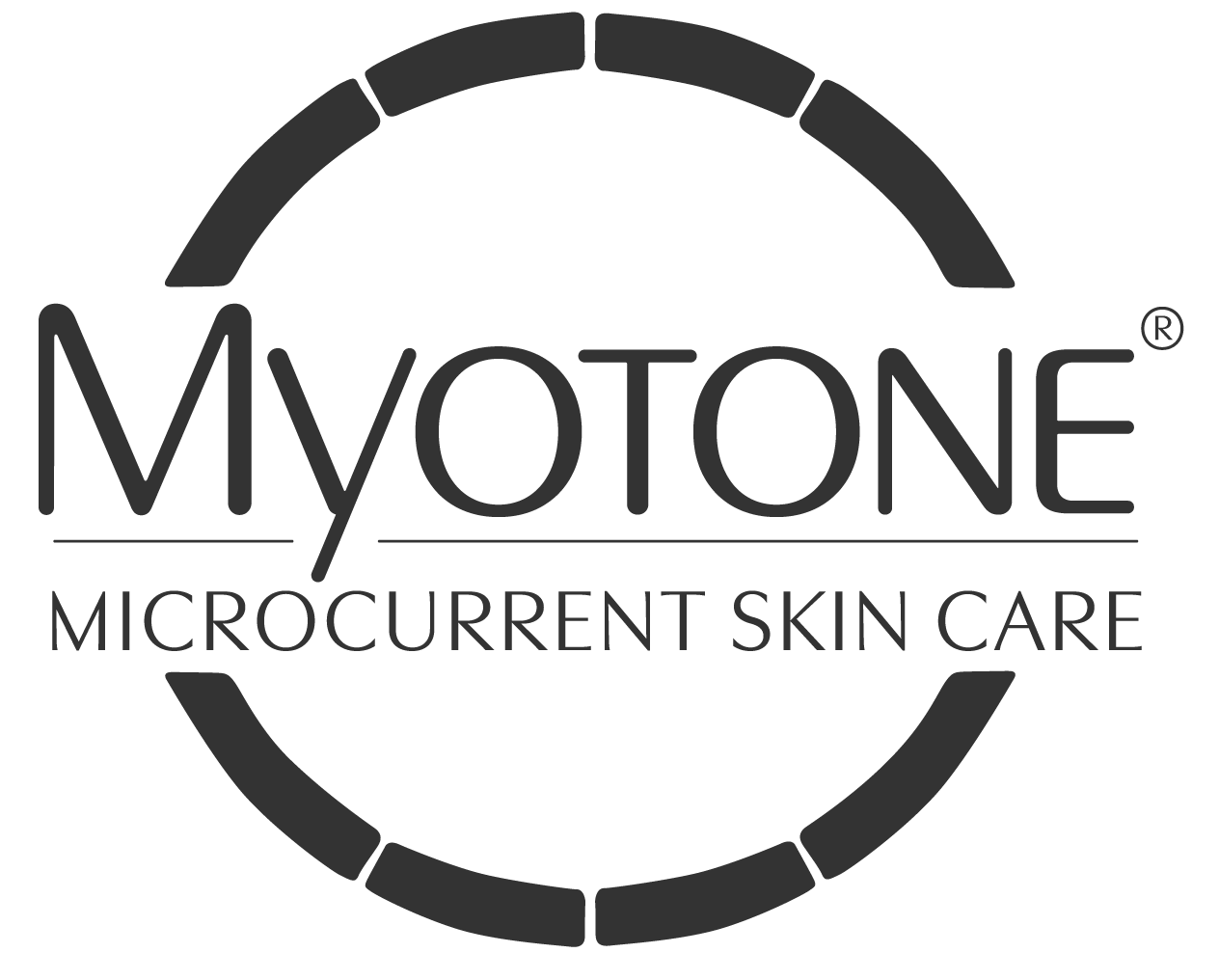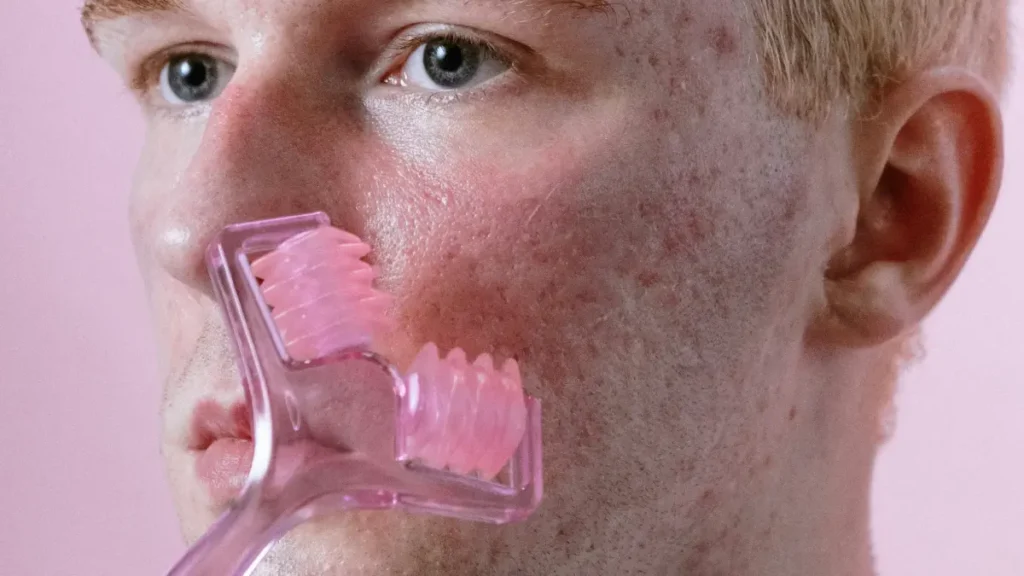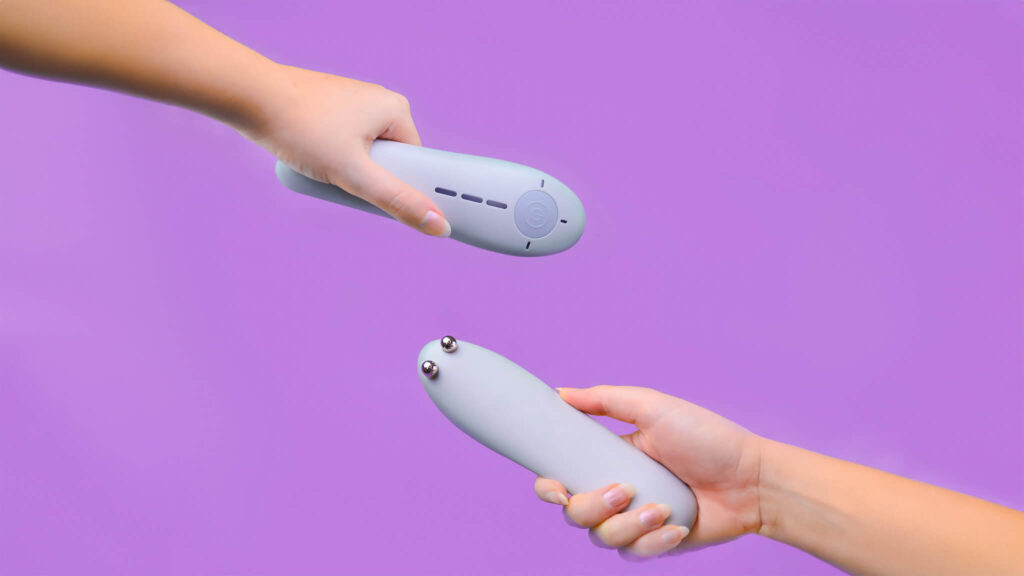In recent years, there has been a growing concern about the apparent acceleration of aging among members of Gen Z. With the rise of social media and increased exposure to environmental stressors, some have speculated that Gen Z individuals are experiencing premature aging at an unprecedented rate. But is there truth to these claims, or are they simply misconceptions fueled by sensationalism? Let’s delve into the topic to separate fact from fiction.
The Perception of Aging
In today’s digital age, where filters, photo editing apps, and beauty standards dominate social media platforms, the pressure to achieve an idealized image of perfection can be overwhelming for individuals of all ages, including Gen Z. With influencers and celebrities showcasing flawless, airbrushed appearances, it’s easy to see how comparisons and self-doubt can lead to the perception that Gen Z is aging faster than previous generations.
Environmental Stressors & Lifestyle Factors
Several factors unique to the modern era may contribute to the perception of accelerated aging among Gen Z. These include:
Screen Time and Blue Light Exposure: Excessive screen time, coupled with exposure to blue light emitted by electronic devices, has been linked to skin damage and premature aging.
Pollution and Environmental Toxins: Urban living and increased exposure to pollution can lead to oxidative stress and inflammation, accelerating skin aging.
Stress and Mental Health: Gen Z individuals face unprecedented levels of stress due to social pressures, social media scrutiny, and economic uncertainty, which can impact overall health and contribute to premature aging.
The Reality of Aging in Gen Z
While it’s true that environmental stressors and lifestyle factors can influence skin health and overall aging, there is little evidence to suggest that Gen Z is experiencing a significant increase in the biological aging process. In fact, many Gen Z individuals prioritize self-care, healthy living, and skincare routines at a younger age compared to previous generations, which may mitigate some of the effects of external stressors.
Empowerment Through Education and Awareness
Rather than succumbing to fear-mongering and sensationalism, it’s essential to empower Gen Z individuals with accurate information and resources to support their skin health and overall well-being. Encouraging healthy lifestyle habits, promoting sun protection, advocating for mental health awareness, and fostering positive body image are crucial steps in combating the pressures and misconceptions surrounding aging.
In conclusion, the notion that Gen Z is aging faster than previous generations is largely a myth perpetuated by societal pressures and sensationalized media coverage. While environmental stressors and lifestyle factors may impact skin health and overall aging, there is no evidence to suggest that Gen Z is experiencing a dramatic increase in the biological aging process. By promoting education, awareness, and self-care practices, we can empower Gen Z individuals to embrace their unique beauty and prioritize their health and well-being for generations to come.

This article is brought to you by

Learn More ⭢



